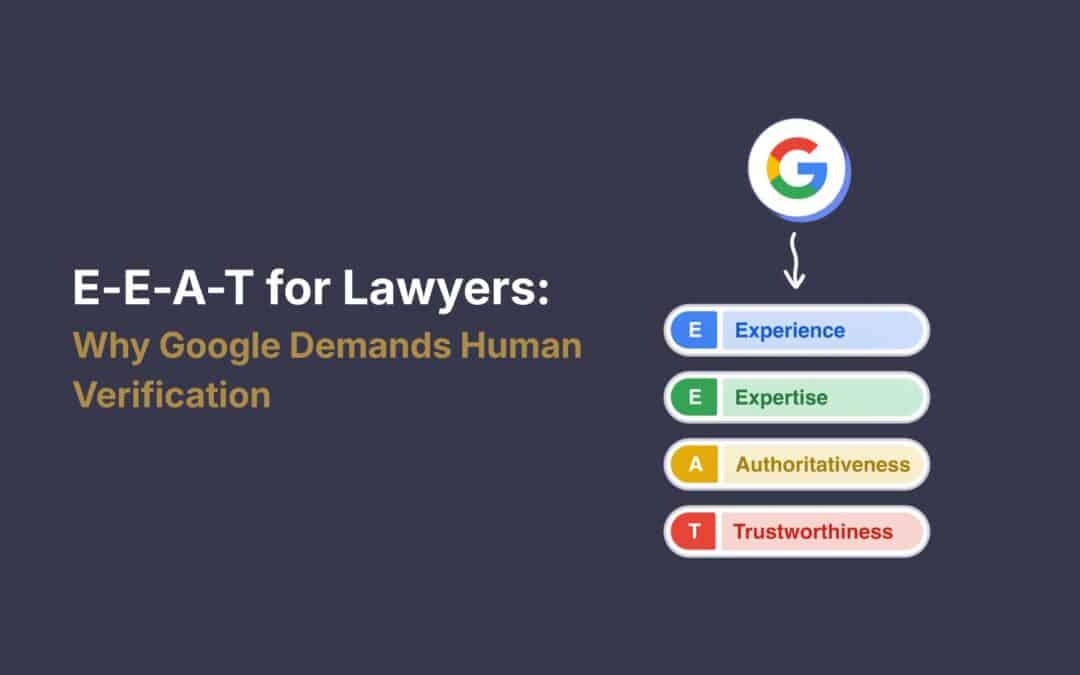These legal marketing trends are shocking. Some statistics can be inconvenient, some you don’t need to know, and some are irrelevant. If you are a lawyer and you need clients to continue running your law firm, all we can say is ignore these 10 statistics at your peril.
Did you know:
74% of prospects beginning a search online end up contacting the office via phone. (1)
87% of people who contact an attorney go on to hire an attorney and 72% of them only contact one attorney. (2)
96% of people seeking legal advice use a search engine. (3)
38% of people use the Internet to find an attorney. (4)
62% of legal searches are non-branded (i.e., generic: “Sydney divorce lawyer,” etc.). (5)
74% of consumers visit a law firm’s website to “take action”. (6)
85% use online maps to find legal service locations. (7)
69% use both a smartphone and a PC for research. (8)
31% of all law firm related website traffic comes through mobile search (9)
71% of people looking for lawyer think it is important to have a local attorney. (10)
What can we learn from these legal marketing trends?
How a person discovers you or your firm, whether it’s from a strong word of mouth referral, a Google search, or anything in between it doesn’t matter. Today you must assume that before they contact you, they will first check you out online and, in particular, will visit your website. This means that if your website, your key marketing asset, is not “good enough”, the interested person may never contact you.
This is where many marketing problems start, because if the interested person (or good client or referrer for that matter) thinks your website is rubbish or embarrassing or unprofessional (all these words have been used by lawyers contacting us about their own websites) then you are unlikely to hear from the interested person. Worse, you won’t even know that you’re not converting these leads because they never make the phone call to you. They will just move onto the next firm they are referred to or find. You don’t get the chance to hear their issue and convince them you can help.
The same outcome happens when firms with poor websites are spending hundreds or thousands of dollars every month on SEO and wonder why it’s not working. We are regularly assessing law firm websites to assess if the SEO is unlikely to work. Often, we find a lawyer’s SEO spend to be, literally, a waste of money. For example, it is no good if the SEO brings the reader to a website only to find the reader bouncing away because the website is not good enough.
If you have concerns about your website, if it is out of date or if your SEO spend is not producing results, you need to urgently consider an upgrade or possibly a new website.
Essential features for a law firm website
There are some simple things that stand out when reviewing these legal marketing trends, the most important is assessing if a law firm website measures up. Some assessment criteria are subjective and some are technical.
Common issues we consider when reviewing law firm websites include:
- What is the overall look of your website?
- Is it easy to navigate?
- Is it mobile friendly?
- Does it clearly state the areas of law you undertake?
- Does it provide rich and valuable content?
- Do the staff profiles showcase the scope and breadth of your work?
- Has it been maintained properly?
- Is it secure?
The added problem is that most lawyers are ill-equipped to answer every one of these questions. Many lawyers, as business owners, have strong (or delusional) views about their website and its qualities. We have encountered many lawyers who are less than objective about their website. We can do little to help these people but if you are in a firm that has a Principal with a “rubbish” website that he or she refuses to upgrade, it won’t help your career to stay there. The work will decline. Look at the statistics!
Your website must be engaging
It is important that your website engages any interested person the moment they arrive.
When planning your new website structure, you should ask yourself:
- How easy is it for first-time visitors to find out more about the lawyers in your practice, the services your practice provides, or information on how to contact you?
- What types of information should all be within a click or two away through a drop-down menu?
- Where do I want the person to go to next?
A simple and logical website structure allows you to capture clients more effectively, making it critical to the success of your business. This can be especially helpful if you practice in different areas of law.
Good SEO and high rankings
Identifying good keywords to use plays a big role in ranking highly in search results pages. It is always worth assessing commonly searched words as they relate to your law firm and the content on your website.
You need to think like a consumer here not like a lawyer when identifying the words to optimise for in search engines. That said, SEO optimisation is completely different to the day-to-day problems that law professionals deal with, so it requires an entirely different mindset.
Make your website content rich
Your website should have content that helps people by offering them something with real value. People expect lawyers to be experts – and for good reason. Your website needs to reflect that by demonstrating the depth of your knowledge, the expertise of your team and your ability to help the interested person.
Many lawyers think that simply providing self-serving statements or by saying they are experts will do. It won’t. Not these days. To help solve this problem we provide content for the websites we build so the busy lawyer doesn’t need to worry about creating it.
Start a Blog
Blogs have been around on the internet for a long time. Increasingly law firms are employing blogs to get their message out and connect with their clients and referrers. This is a trend apparent in all industries not just for law firms.
Whilst this is a great marketing idea, the time it takes to research and put articles together can be costly and time consuming. If you need any help with this, we also provide legal articles for the websites we build to save you the trouble.
Optimise your page loading speed
Few things frustrate users more than sites taking too long to load. Slow page loading speeds can compromise even the best content and targeting strategies.
When a site loads slowly, it can drive users away who might leave thinking that something about your website is broken. Studies show that 47 percent of users expect a website page to load in 2 seconds or less.
If you fail to meet that metric, that’s frustrating to people, but a slow website can also lower your ranking in Google searches. You can embrace all the law firm marketing ideas in the world, but if your website doesn’t load quickly you are wasting your time and money.
Mobile friendly websites
Today your site must cater to mobile users and provide features that work as well on smartphones or tablets as they do on a laptop or desktop computer. People are doing more on their mobile phones and less on desktops and laptops year on year.
As mobiles become more powerful and effective versatile tools that allow their users to reach information at the tap of a finger, smart law firm marketing strategies must adapt to reflect these trends in user behaviour.
Where to from here?
Marketing online might seem like a daunting task for a young lawyer trying to run a modern law firm, or for an older lawyer adapting to the modern world. The challenges to get new work posed today and the legal marketing trends we have highlighted, mean that if you ignore these statistics you do so at your own peril.
Law firm marketing is all we do. Our directors practiced law for many years and know the profession intimately. If you want an expert to run their eye over your website at no cost or would just like to discuss how these legal marketing trends affect your law firm, then click here.
Footnotes:
(1) FindLaw U.S. Consumer Legal Needs Survey 2014
(2) FindLaw U.S. Consumer Legal Needs Survey 2014
(3) Google Consumer Survey, Nov 2013
(4) FindLaw U.S. Consumer Legal Needs Survey 2014
(5) FindLaw U.S. Consumer Legal Needs Survey 2014
(6) Google Legal Services Study Sept 2013
(7) Google Legal Services Study Sept 2013
(8) Google Legal Services Study Sept 2013
(9) FindLaw Aggregated Hosted Site Data 2014
(10) FindLaw U.S. Consumer Legal Needs Survey 2014
About the author

Peter Heazlewood
Peter Heazlewood is a management and marketing consultant, he specialises in helping law firms develop their practices using business planning marketing and performance reporting techniques refined in his own successful law firm. Peter lives in Sydney with his wife and is the father of five adult children.











